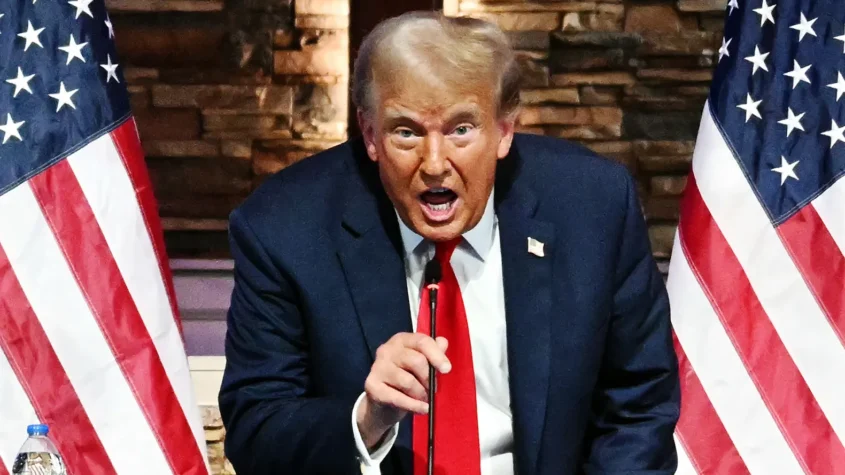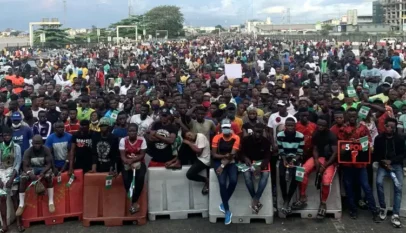By Didimoko A. Didimoko
In a significant shift, the Trump administration has overturned policies that previously prohibited U.S. immigration authorities from making arrests in sensitive locations such as schools, churches, and hospitals.
The policy change, which ends more than a decade of protections for these areas, grants U.S. Immigration and Customs Enforcement (ICE) and Customs and Border Protection (CBP) the authority to conduct enforcement actions in these previously shielded spaces.
The Department of Homeland Security (DHS) announced the change, emphasizing the importance of eliminating spaces where individuals could evade arrest.
“Criminals will no longer be able to hide in America’s schools and churches to avoid arrest,” the department said in a statement. “The Trump Administration will not tie the hands of our brave law enforcement, and instead trusts them to use common sense.”
Along with the expanded enforcement powers, the policy also reinstates the nationwide use of expedited removal. This allows ICE to quickly deport undocumented individuals who cannot demonstrate continuous residence in the U.S. for more than two years.
The policy shift is part of the Trump administration’s broader immigration crackdown, which has included multiple executive actions aimed at tightening immigration controls. Among these measures are steps to suspend the refugee system, block access to an app that facilitates entry into the U.S., and increase cooperation between ICE and local law enforcement.
As a result, ICE agents will soon carry out nationwide operations to arrest and deport undocumented individuals, with these efforts set to begin immediately.
Critics, including advocacy organizations and religious leaders, have strongly condemned the changes. The Center for Law and Social Policy has expressed concerns about the impact on immigrant families, particularly those with U.S.-citizen children.
The group warns that the policy could deter families from seeking medical care, disaster relief, or education and that it may expose children to traumatic encounters with immigration authorities.
Religious figures have also raised their voices against the policy shift. At an inaugural prayer service, the Episcopal bishop of Washington urged the administration to show more compassion toward immigrants and vulnerable communities, calling for a more humane approach to immigration enforcement.






























